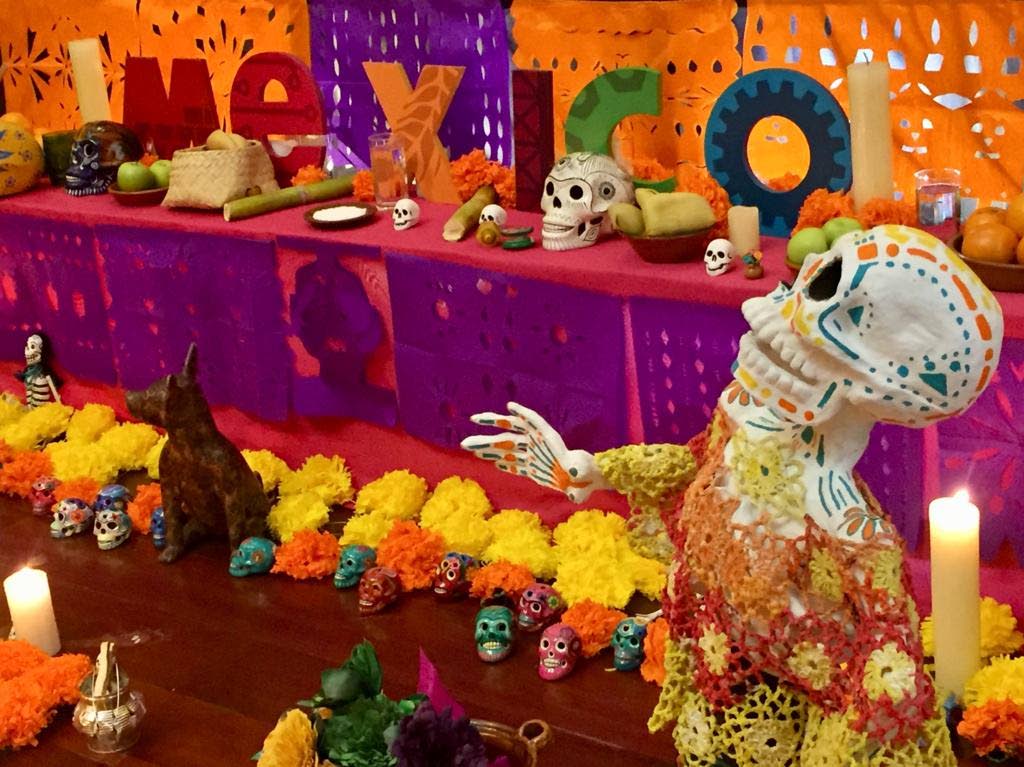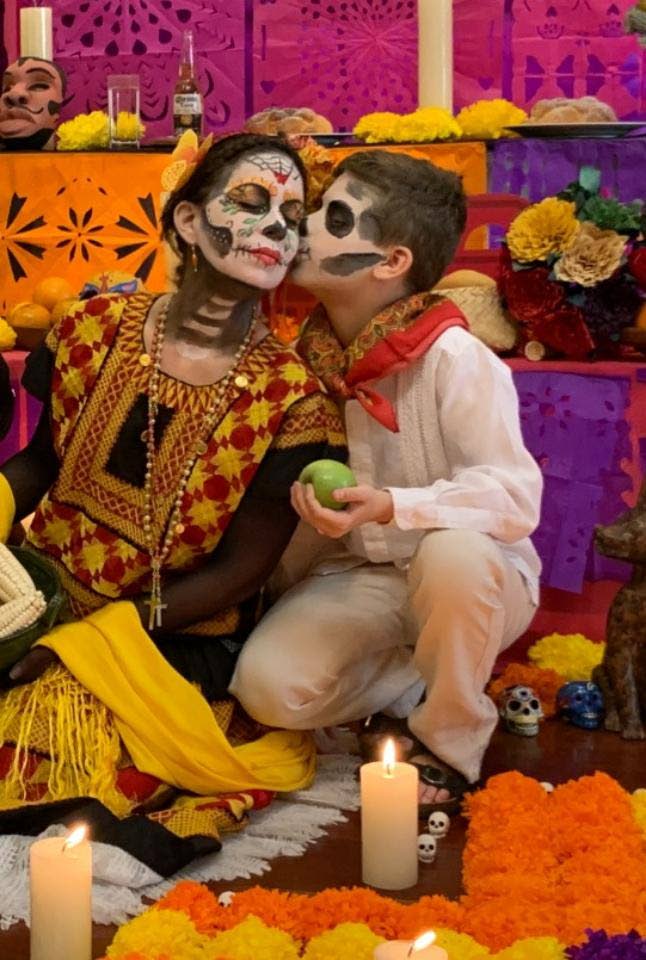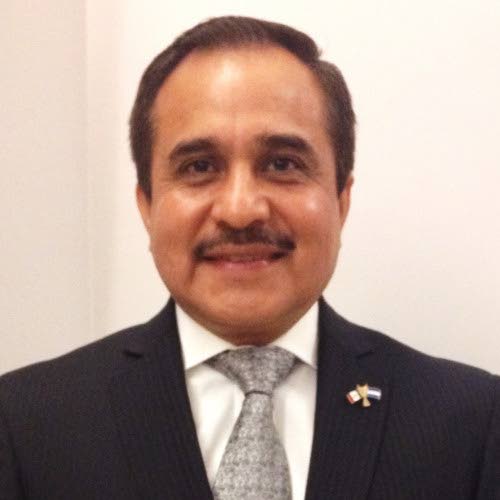A celebration of life

VÍCTOR HUGO MORALES MELÉNDEZ
MEXICO IS present with its culture, its traditions, its customs and its art throughout the world. For this reason, the Mexican Embassy in Trinidad and Tobago exposes an altar of the dead – which is an offering for life – to show one of the traditions most felt by Mexicans, most lived by the people and that best reflects the feelings of the Mexicanity. The essence of this tradition is a celebration of life.
The Mexican holiday of the Day of the Dead was proclaimed Intangible Heritage of Humanity since 2003 by the United Nations Educational, Scientific and Cultural Organization (UNESCO), which is why we will be commemorating 20 years of such a relevant proclamation, which fills us with pride, because this celebration is a popular cultural expression – unrelated to superstitions – full of charm and love.
For the Mexican, death is a persevering presence. It is not the end of life but a way to prolong contact and appreciation for loved ones who have passed away. The Day of the Dead is a festival of unity, which strengthens the identity of the Mexican, reinforces inter-family relationships and, with it, social and community ties.
The celebration of death, on All Saints and Faithful Departed Day (Día de Todos los Santos y los Fieles Difuntos), is a way of being close to relatives and friends who have left this world, but whose presence and memory endure. It is a celebration that unites the indigenous tradition of respect for the dead, common to all pre-Hispanic cultures in this hemisphere, including the Caribbean, and the religious legacy brought by Europeans.
TT and Mexico share the use of clothing to represent death. Just to remember the character so loved and present in Trinidadian Carnivals, Midnight Robber, inherited from West African tradition. The difference lies in the strong assimilation with the Christian tradition that we Mexicans have preserved and spread when referring to death.
In Mexico, the tradition of the Day of the Dead is increasingly intense and a strong cultural attraction, in which colours, smells and flavours merge for the coexistence of the living and the dead. It is a celebration of memory, which privileges remembering over forgetting. Death and life thus merge in the Mexican collective imagination to celebrate them in a family and community ritual, always with enormous respect for what is beyond life.'

With this in mind, an altar of the dead will be recreated at the headquarters of the Mexican Embassy in Port of Spain on November 2 and 3, which is an example of an offering that Mexican families offer to their dead loved ones, with flowers, food, drinks and incense; with religious images and photographs of the deceased. This year, the altar will be dedicated to the Mexican revolutionary hero Francisco Villa, 100 years after his death.
We also hope that this cultural manifestation joins the decision of the United Nations General Assembly to designate August 11 as World Steelpan Day starting this year. To do this, with great respect and in an act of brotherhood with TT, we will honour two Trinidadian women who positively spread this musical instrument throughout the world: Beryl McBurnie and Patricia Bishop.
This year, in addition, we recognise one of the most important indigenous peoples in Mexico, the Wixárika, better known as the Huichols of the State of Nayarit, with the motto "The Offering: A Bridge to the World of Our Ancestors," because death – to Mexicans – seduces us, we do not fear it, we do respect it. We approach it and make it our own in various ways: in prints and caricatures, in art and hand-crafts, in literature and cinema, in food and at parties. It seduces us because of its mystery, it fascinates us because we understand it as a continuation of life.
This festivity contains a strong sociological meaning. If, on one side, we feel a deep attraction to death, it is also true that, through play, irony and jokes, we Mexicans give it – familiarly and socially – a return to solemnity to affirm our existence, as a reconciliation with the beyond. This holiday is belief and it is tradition, it is inspiration and it is love, it is culture.
We invite all lovers of traditions and culture to visit the Mexican Embassy to experience our Mexicanity.
Víctor Hugo Morales Meléndez is the Ambassador of Mexico to TT

Comments
"A celebration of life"